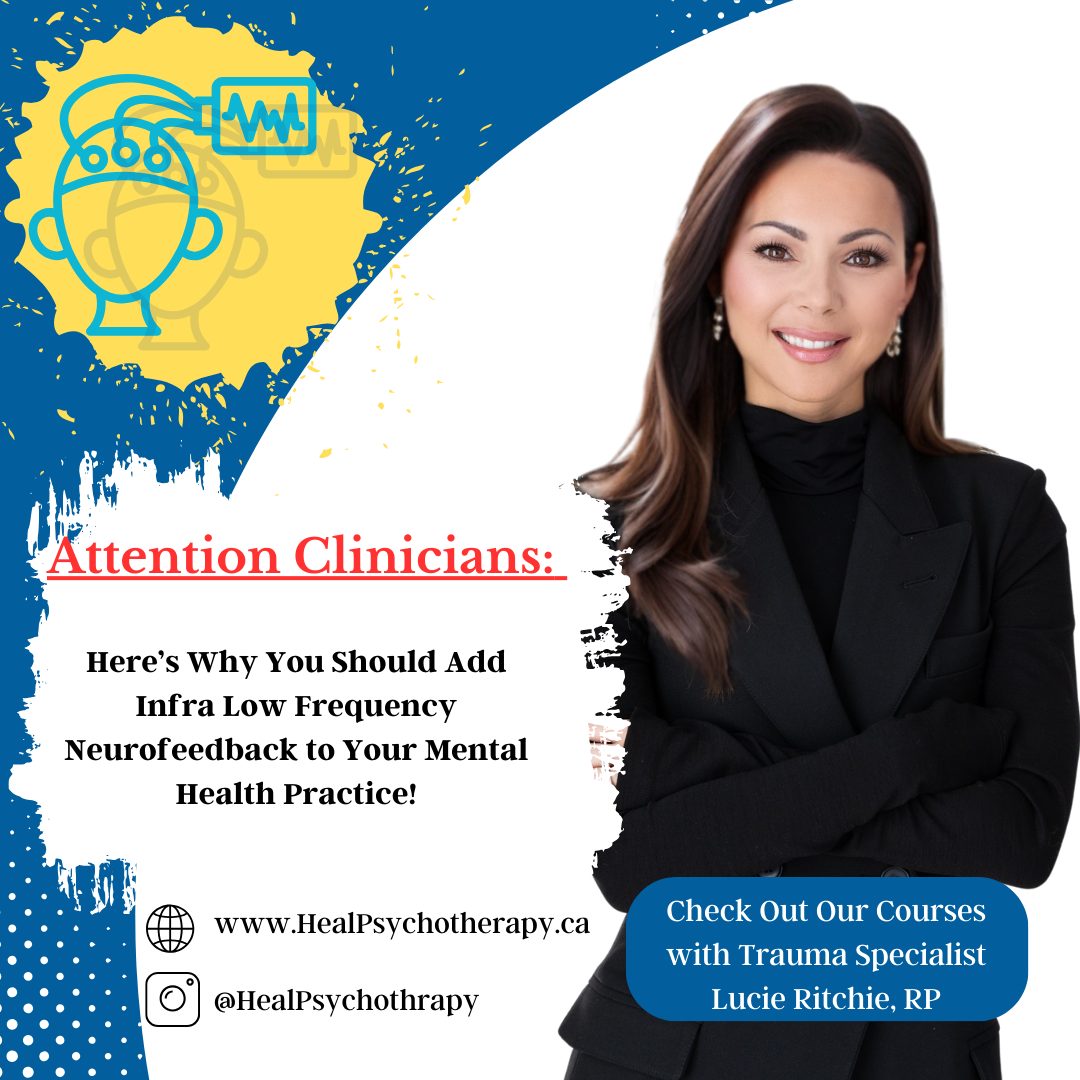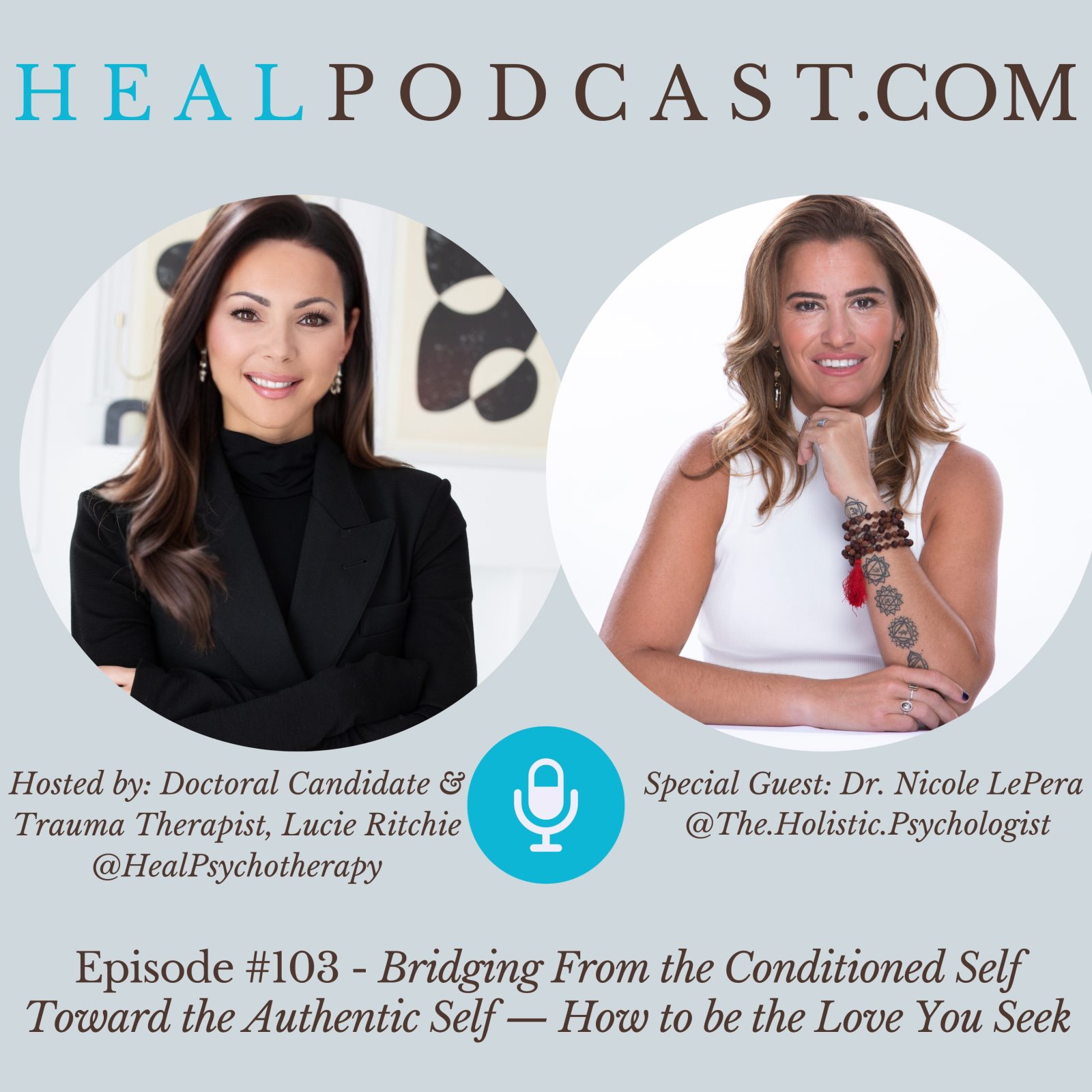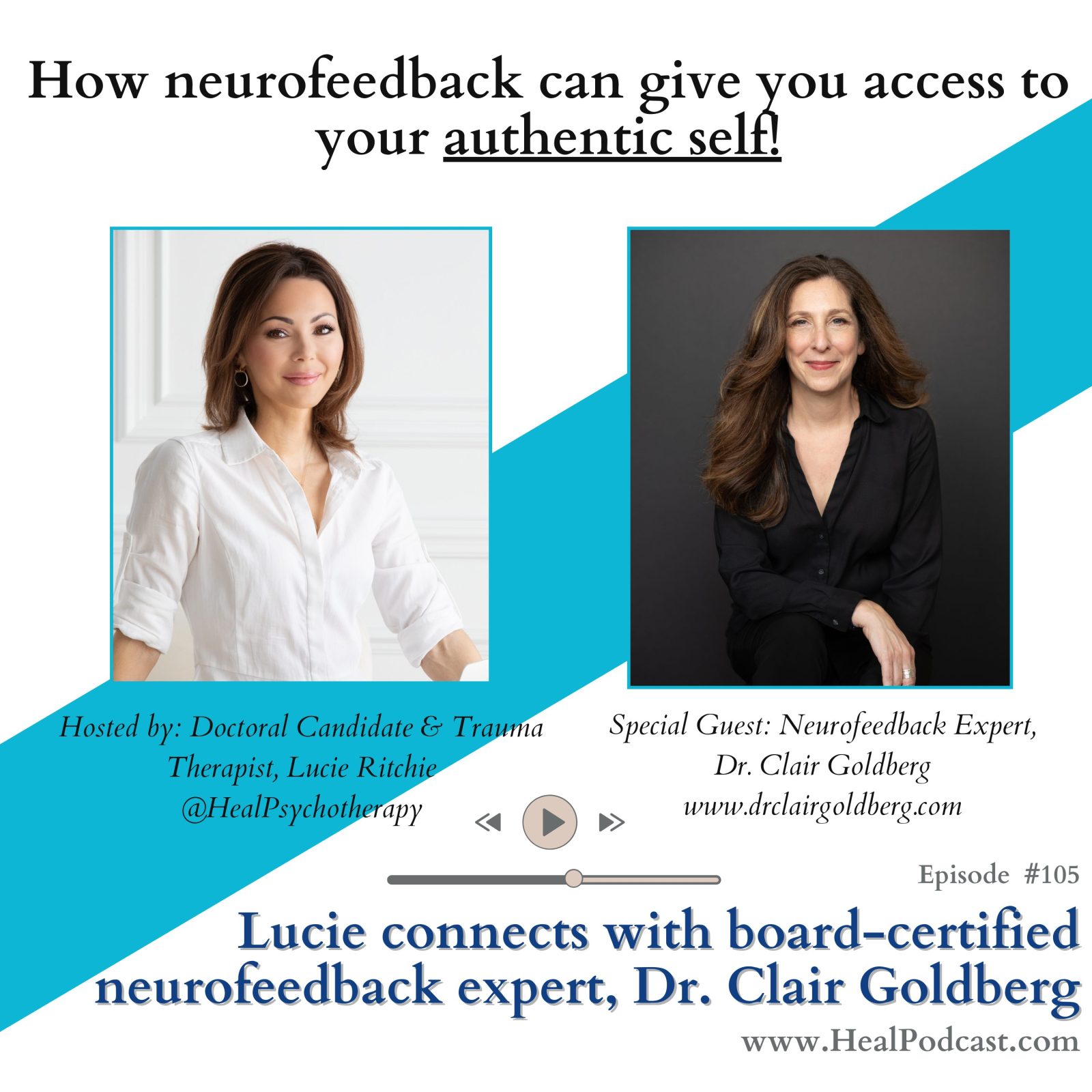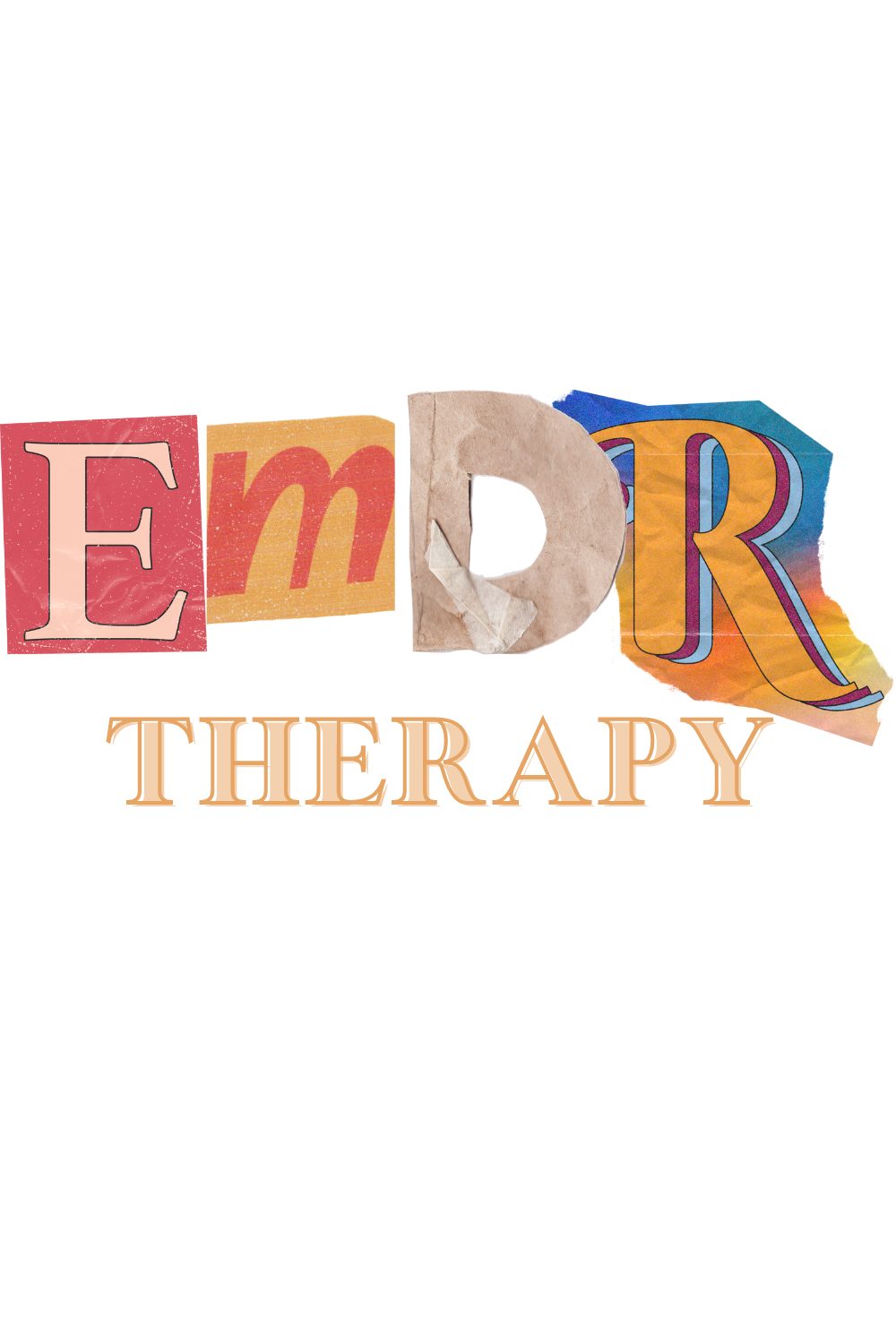I don’t have a magic crystal ball that predicts relational outcomes (oh how nice that would be!) But I can highlight the work of John Gottman who can predict nearly 90% of his clients’ relational successes. Yes, 90%! Although he’s not a fortune teller, he is world-renowned for his research and work in marriage and parenting psychotherapy. Over his decades of work, Gottman discovered 4 key characteristics that predict divorce. He named these The Four Horsemen: criticism, contempt, defensiveness, and stonewalling.
Let’s take a closer look!
Criticism: Unlike making a complaint to your partner, criticism is like an attack on your partner. A complaint can be productive and something each partner can work on. But an attack (criticism) can not only make the other feel unsafe, it can also make them feel like they are no longer welcomed, appreciated, or valued in the relationship. The result? Relational deterioration begins.
Contempt: If one partner begins to disrespect the other, this is contempt. If one mocks, becomes sarcastic, humiliates, engages in name calling, or disregards their partner through dismissive body language, the relationship could be dwindling toward the “D” word. When there is contempt, someone is made to feel less-than and unloved.
Defensiveness: If either of the above occurs, it’s no wonder automatic defensive strategies get triggered. Though unconscious defensive strategies are not productive, they may feel like the only stance to take (psst, little secret: contact me to learn of the conscious choices available!) When one partner in the relationship feels unseen or feels like their partner is painting them with a brush that simply doesn’t describe the total picture, the receiver will often become defensive. They may feel accused, unjustly treated, and feel even more disconnected from their partners.
Stonewalling: The accused partner shuts down. The accused may feel overwhelmed and at odds in the relationship. In this state, you are unable to think rationally or connect effectively—you want to be alone. You might ask for a “time out” from your partner so both of you can collect yourselves and come back when you’ve had some time to regulate your emotions and overall states of mind.
Notice your own relationships and see how you engage with your partner. I use the word “notice” because much of our communication is automatic (or unconscious). Much of what we bring forward today is a result of the happenings of our yesterdays. Taking time to consciously create your new patterns can not only assist your romantic relationship, but also other relationships in your life. You are learning new things every day, so why not discover how to connect deeply with your chosen partner.
If you are looking for couples therapy or coaching, get in touch! We offer free 20-minute consultations and would be pleased to hear from you! Connect with us at: hello@healpsychotherapy.ca







